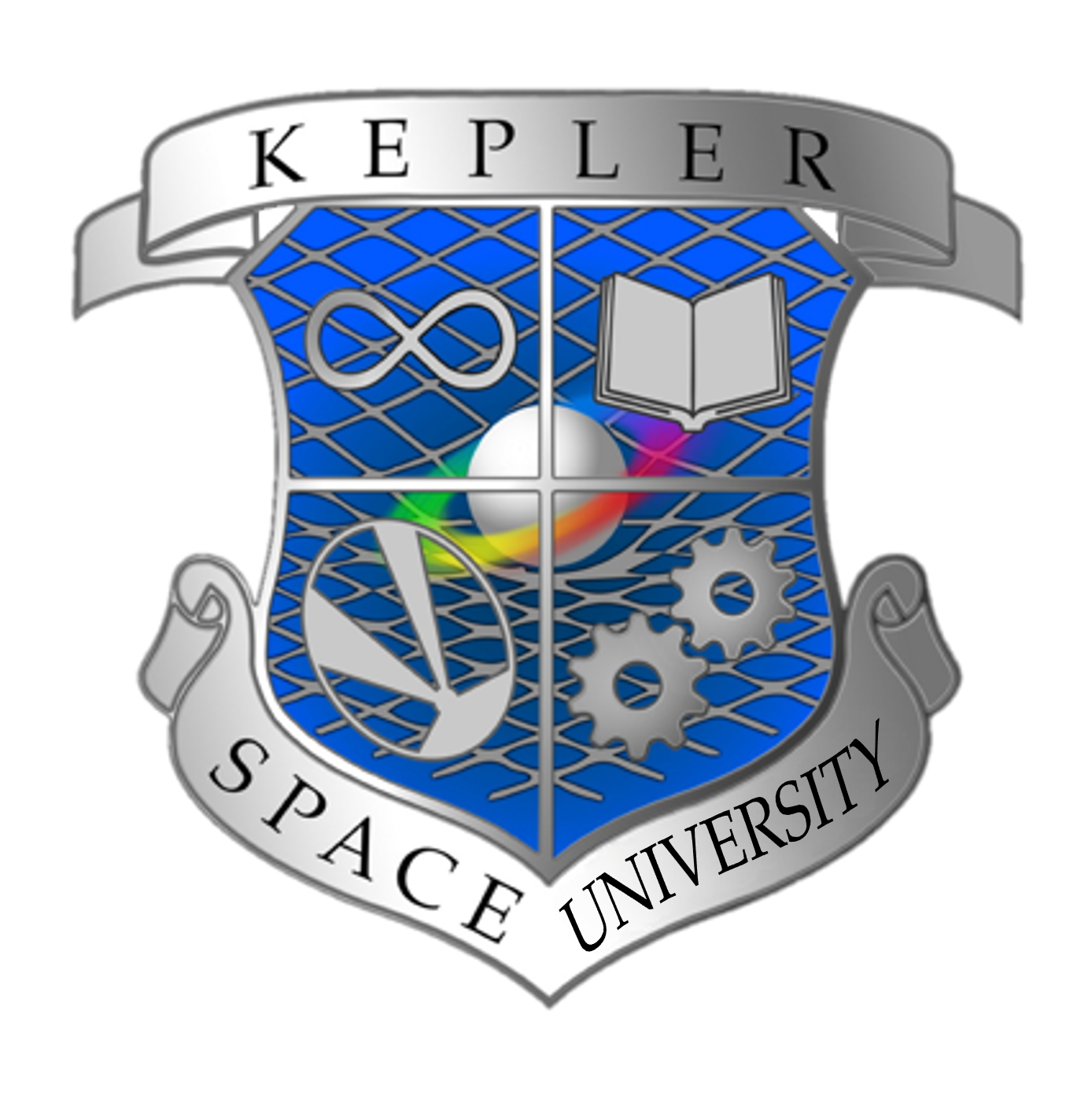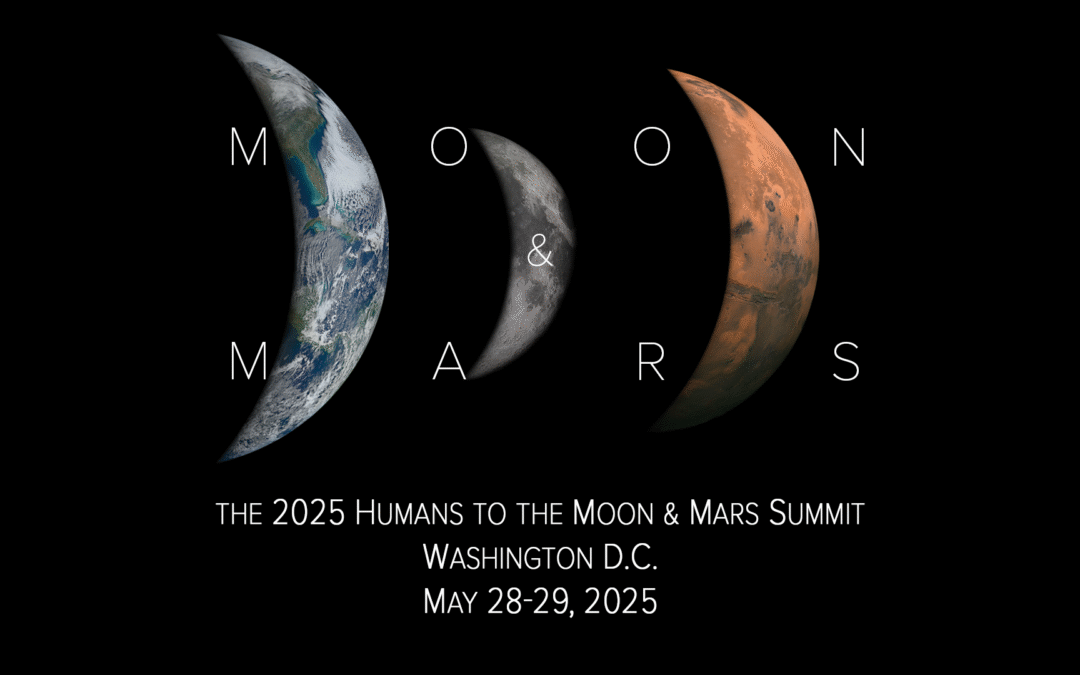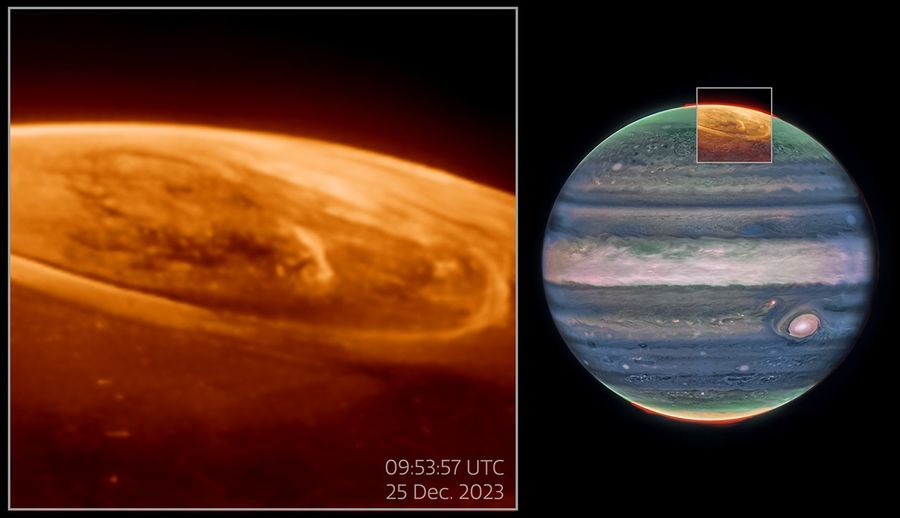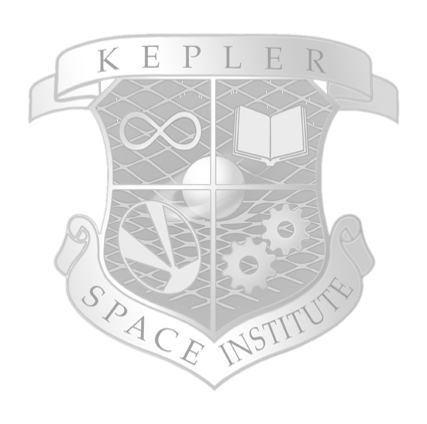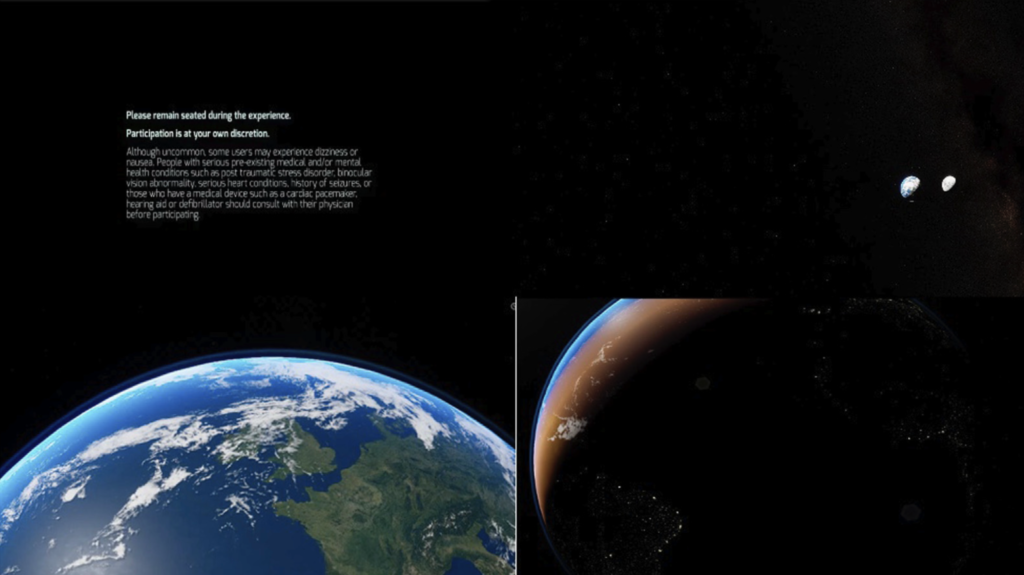
Immersive VROE Snapshot Images from EarthScape VR.
Kepler Space University Professor Dr. Annahita Nezami Explores the Translation of the Overview Effect into Virtual Reality to Promote Human-Nature Connectedness in People
Climate scientists increasingly agree that human behavior significantly contributes to global warming and biodiversity decline. Recent research emphasizes the importance of human-nature connectedness as a reliable predictor of psychological wellbeing and increased engagement in pro- environmental behavior. While evidence supports a positive correlation between human-nature connectedness and pro-environmental behavior, establishing causation remains elusive. Nevertheless, exploring this link is crucial, given its potential to enhance pro-environmental behavior. Armed with this understanding, stakeholders can design and implement successful sustainability interventions that promote wellbeing on individual and collective levels. One psychological phenomenon believed to have a strong effect on human-nature connectedness and pro-environmental behavior is “The Overview Effect,” a term used to describe the shift in awareness some astronauts experience when viewing Earth from outside its atmosphere. This pilot study explored whether a 180-degree virtual reality Overview Effect experience created by EarthscapeVR® influences human-nature connectedness and whether a correlation exists between participants’ average human-nature connectedness scores and openness to experience scores. 60 student participants took part in the study. The results showed significant increases on human-nature connectedness (p < 0.0021) in the experimental condition compared to the control group (p = 0.97), with no correlation (r = 0.137) between participants’ average human-nature connectedness scores and openness to experience scores. While these results are not conclusive and further research is necessary, the initial findings support translating the Overview Effect into virtual reality to promote human-nature connectedness in people.
Learn more: View Research Paper
